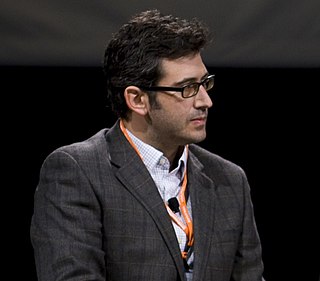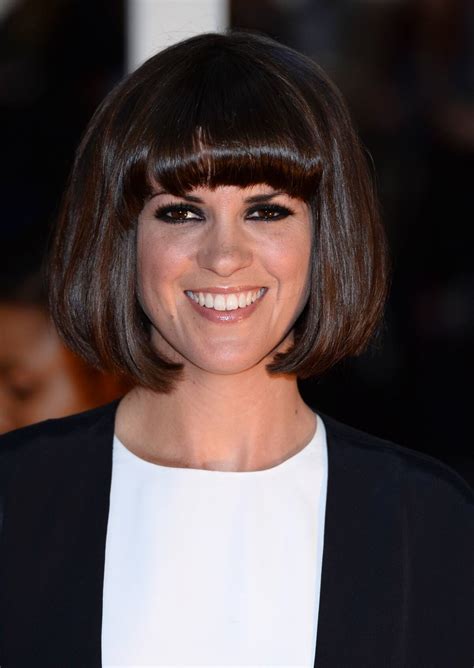A Quote by Daphne Guinness
Fashion is not just about trends. It's about political history. You can trace it from the ancient Romans to probably until the '80s, and you can see defining moments that were due either to revolutions or changes in politics.
Related Quotes
Fashion is not just about trends. It's about political history. You can trace it from the ancient Romans to probably until the '80s, and you can see defining moments that were due either to revolutions or changes in politics. At the end of the Roman era, there was this whole move against togas, because that was the signifier of the Roman Empire. In the same way, the '60s were a reaction against the '50s and so on. But now we've been feeding on a sort of cadaver. At the moment, we're just endlessly recycling the past.
It has been long considered possible to explain the more ancient revolutions on... the Earth surface by means of these still existing causes; in the same manner as it is found easy to explain past events in political history, by an acquaintance with the passions and intrigues of the present day. But we shall presently see that unfortunately this is not the case in physical history:-the thread of operation is here broken, the march of nature is changed, and none of the agents that she now employs were sufficient for the production of her ancient works.
History is not just about dates and quotations. And it's not just about politics, the military and social issues, though much of it of course is about that. It's about everything. It's about life history. It's human. And we have to see it that way. We have to teach it that way. We have to read it that way. It's about art, music, literature, money, science, love - the human experience.
Trends are just as important in politics as they are in fashion; just that rather than an aesthetic trend, it might be an ideological, behavioral or cultural trend - you need to keep track of all kinds of trends in politics because you need to know if you come out and say something, what the adoption of that will be six months down the road.
Today, the world is so small and so interdependent that the concept of war has become anachronistic, an outmoded approach. As a rule, we always talk about reform and changes. Among the old traditions, there are many aspects that are either ill-suited to our present reality or are counterproductive due to their shortsightedness. These, we have consigned to the dustbin of history. War too should be relegated to the dustbin of history.
The reason for teaching history is not that it changes society, but that it changes pupils; it changes what they see in the world, and how they see it.... To say someone has learnt history is to say something very wide ranging about the way in which he or she is likely to make sense of the world. History offers a way of seeing almost any substantive issue in human affairs, subject to certain procedures and standards, whatever feelings one may have.
People are storytelling creatures. We like stories that go somewhere, and therefore we like trends - because trends are things that either get better or get worse, so we can either rejoice or lament. But we mistakenly depict many things as trends moving in some direction. We take the "full house" of variation in a system and try to represent it as a single number, when in fact what we should be doing is studying the variation as it expands and contracts. If you look at the history of the variation in all its complexity, then you see there's no trend.







































